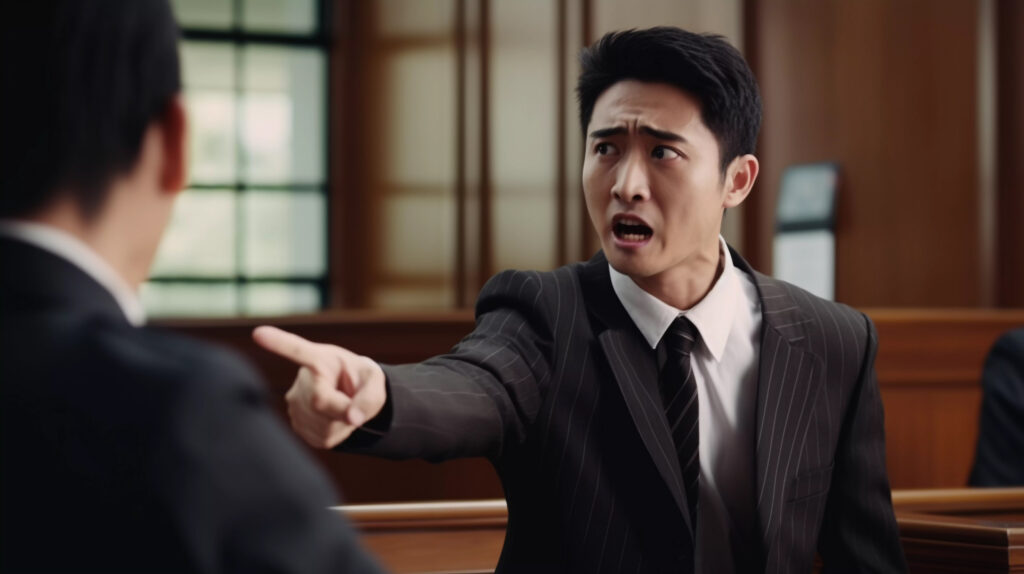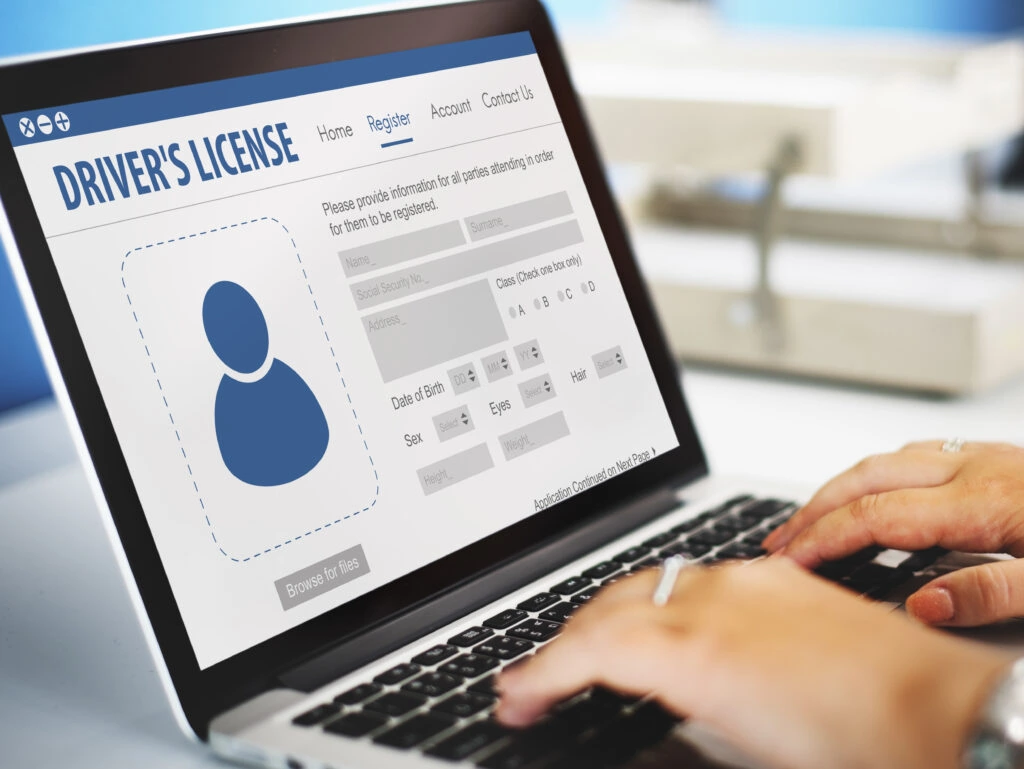Few things are more frightening than being accused of something you didn’t do. Whether it’s a criminal charge or a workplace allegation, the effects can be devastating. Your reputation, relationships, livelihood, and even your future are at stake.
You might believe that it can’t happen to you. Nothing could be further from the truth. False accusations can happen to anyone.
All it takes is someone looking for revenge or acting in anger. In some cases, they can stem from a misunderstanding or a simple mistake. Fortunately, you have rights, and there are steps you can take to defend yourself.
In this guide, we’ll explain what counts as a false accusation, how California false accusation law works, what defenses are available, and how to protect yourself with help from an experienced criminal defense attorney.
What Is a False Accusation?
A false accusation happens when someone claims that you committed an act (often a crime) that you didn’t actually commit. The person making the claim may act maliciously or simply be mistaken. Either way, the results are serious.
Examples of false accusations include and can fall under both civil and criminal law:
- Filing a false police report
- Making untrue statements under oath (perjury)
- Fabricating or planting evidence
- Spreading false rumors of misconduct (defamation)
- Wrongfully accusing someone of abuse, assault, or theft
Elements of False Accusations
What qualifies as a false accusation under the law? Generally, these are the elements involved:
- The statement was false.
There must be proof that what the accuser said wasn’t true. - The accuser knew it was false or acted recklessly.
If the person intentionally lied or ignored clear facts, that strengthens your defense. - The accusation was communicated to others.
For civil claims like defamation, the false statement must have been shared with someone besides you. - The accusation caused harm.
You may have lost income, suffered emotional distress, experienced reputational damage, or suffered harm in some other demonstrable way. - There’s no privilege or legal protection.
Some statements made during court or official proceedings are protected by “privilege,” even if they’re later proven false.
Charges Related to False Accusations
California law doesn’t have a single “false accusation” crime, but several laws punish people who knowingly make false reports or fabricate evidence.
- False Police Report (Penal Code §148.5): Knowingly filing a false report with police is a misdemeanor, punishable by up to six months in jail and fines.
- Perjury (Penal Code §118): Lying under oath in a judicial proceeding is a felony that can result in prison time.
- Preparing False Evidence (Penal Code §134): Creating or planting false evidence to be used in court is also a felony.
- Filing False Documents (Penal Code §115): Knowingly submitting falsified documents to a public office carries severe penalties, including potential prison time.
The trouble here is that for these laws to be enforced, the claims need to be clearly false. That’s why your defense strategy should focus first on disproving the accusations.
How to Defend Yourself Against False Accusations
Being falsely accused can be frightening, but it’s important to respond appropriately. Here’s how to defend yourself effectively under false accusation law:
1. Stay Calm and Don’t React Emotionally
Resist the urge to lash out. Getting angry or trying to confront your accuser can backfire. Anything you say or post online might be used against you. Instead, take a breath and contact a lawyer right away.
2. Document Everything
From the moment you hear about the accusation, start collecting evidence:
- Save emails, text messages, and social media posts.
- Write down your version of events while it’s fresh in your mind.
- Keep records of any witnesses or documents that can support your story.
3. Avoid Contact With Your Accuser
It’s tempting to reach out to “set the record straight,” but that can make things worse. If there’s a restraining order or police involvement, any contact could be used against you. Let your attorney handle all communication.
4. Gather Evidence That Supports Your Story
Your defense team will look for inconsistencies in your accuser’s claims, witness statements that contradict their version, or physical evidence like text messages or GPS data that proves your innocence.
5. Challenge the Accuser’s Credibility
False accusations often come from individuals who have a personal grudge. They might want revenge or be acting out of jealousy. Maybe you’re involved in a custody battle, or the other person has something to gain. If your attorney can show that your accuser has a history of dishonesty or bias, that can weaken their case.
6. Exercise Your Right to Remain Silent
If law enforcement contacts you, don’t try to “explain” your innocence without legal counsel. Even innocent statements can be misinterpreted and used against you. Politely say, “I want to speak to my attorney before answering questions.”
7. Build a Strategic Legal Defense
Your attorney may use one or more of the following defenses:
- Lack of evidence: Prosecutors can’t prove guilt beyond a reasonable doubt.
- Alibi: You were somewhere else when the alleged conduct occurred.
- Mistaken identity: The accuser misidentified you.
- Bias or motive: The accuser had a reason to lie or exaggerate.
- Violation of rights: If evidence was obtained illegally, your attorney can seek to have it excluded.
Can You Sue Someone for False Accusations?
Yes, you can, but it depends on the circumstances. If the false accusation has harmed you in a verifiable way, you may be able to sue for:
1. Defamation
If someone publicly makes false statements about you (slander or libel), you can file a defamation claim.
2. Malicious Prosecution
If someone started a criminal or civil case against you without probable cause and with malicious intent, and that case ended in your favor, you may be able to sue them for malicious prosecution.
3. Intentional Infliction of Emotional Distress
You may file this civil claim if the false accusation was extreme or outrageous and caused serious emotional suffering.
There is no one-size-fits-all approach in these situations. Your attorney will work with you to decide which path is applicable.
Compensation for False Accusations
If you successfully prove that someone falsely accused you, you may be entitled to compensation for:
- Lost income and business opportunities
- Emotional distress and reputational harm
- Attorney’s fees and court costs
- Punitive damages (in cases of malice or intentional wrongdoing)
If you were wrongfully convicted and later exonerated, California law (Penal Code §4900) lets you apply for compensation (currently up to $140 per day of wrongful imprisonment).
False Accusations vs. Criminal Allegations
“Not every false accusation becomes a criminal case, but every criminal case begins with an accusation.”
A false accusation might be an online post or a workplace complaint that wasn’t filed with the police. A criminal allegation happens when that claim is formalized with law enforcement.
Once your case crosses that line, you’re facing possible jail time, fines, a criminal record, and all that goes along with that.
Hire a Criminal Defense Attorney for Help
If you’re facing false accusations in California, don’t try to handle it alone. An experienced criminal defense attorney can:
- Investigate the accusations and gather exculpatory evidence
- Expose inconsistencies and motives behind the false claims
- Negotiate with prosecutors to reduce or dismiss charges
- Protect your rights through every step of the legal process
If you’ve been falsely accused, contact the Law Office of David L. Faulkner today. Our team will help you understand your options and help you fight back against those accusations.










